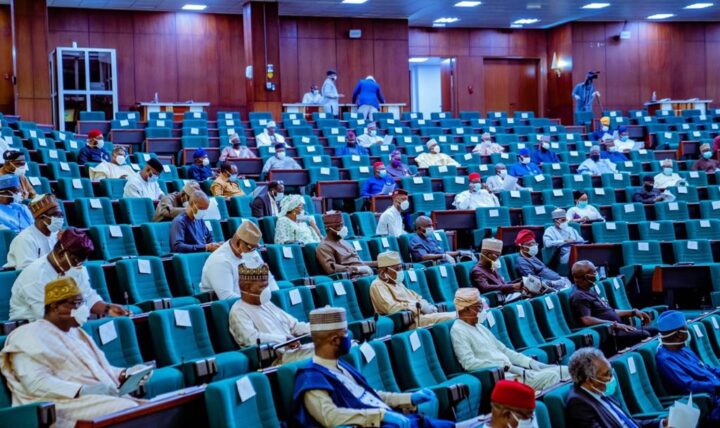File photo of a prison gate
The federal government says it has commenced the process of implementing non-custodial sentencing for defendants who have been found guilty.
Abubakar Malami, attorney-general of the federation, was speaking during a virtual interactive session organised by the presidential committee on correctional service reform and decongestion with other stakeholders to review the draft 2020 federal capital territory courts sentencing guidelines and practice direction.
According to him, prison congestion will be reduced to the barest minimum “through the use of non-custodial sentences in line with section 470(2)(c) of the Administration of Criminal Justice Act (ACJA), 2015 and section 2(1)(b) of the Nigerian Correctional Service Act, 2019”.
The minister said a review of the practice guidelines will also ensure reasonable uniformity and fairness in the imposition of custodial and non-custodial sentences.
Advertisement
“The new guideline is to set out the requirements and procedure for imposing custodial and non-custodial sentences for the purpose of preventing abuse and ensuring reasonable uniformity and fairness in the imposition of sentences,” he said.
“If judges must not exceed the term prescribed in the statute creating an offence or exceed the quantum prescribed in punishing the offender, there must be a sentencing guideline.
“For us to avoid disparity in sentencing from one judicial officer to the other, then there must be a uniform guideline.”
Advertisement
He added that the objectives of the proposed consolidated sentencing guidelines include setting out of “appropriate standards and guidelines for the sentencing process in offence against the state, person, public order, morality, homicide, property and corruption-related offence, for the purpose of ensuring reasonable uniformity and fairness in sentencing in the FCT”.
The AGF said the pilot document will be extended to other states of the federation, especially those states that have enacted the Administration of Criminal Justice Law.
Ishaq Bello, chief judge of the FCT high court and chairman of the presidential committee, said the introduction of non-custodial sentences such as probation, community service, restitution, compensation and suspended sentence by the ACJA 2015, was one of the main innovations of the new act.
Bello said the 2016 sentencing guidelines did not make adequate provision for non–custodial measures, thus necessitating a review to address the existing gaps, relating to non-custodial sentencing and to ensure fairness, consistency and uniformity in the imposition of both custodial and non-custodial sentences.
Advertisement
Add a comment






